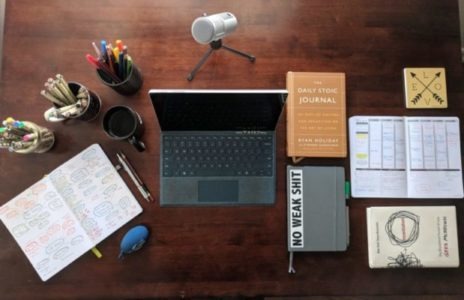What I’m Reading – Week of May 17th
* Empathy Starts with Curiosity: “There is a way in which this pandemic may be calling us to slow down and listen. What if we resist the urge to act — to just do something — and, instead, stop doing? Just be present.”
* My Favorite Picture of You (video): “A Man Looks Back On Life – On The Ebb And Flow Of Memories”
* Marcus Aurelius Helped Me Survive Grief And Rebuild My Life: “Aurelius reminded me that where I was wasn’t just where I was but when – and that there was no advantage to be found in unsticking myself from time.”
* Focus On The Inputs: “All you need to do is define the result and accept nothing less from yourself.”
